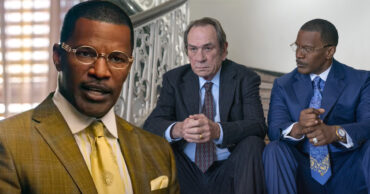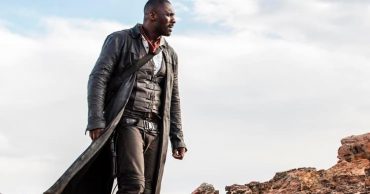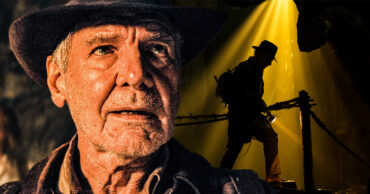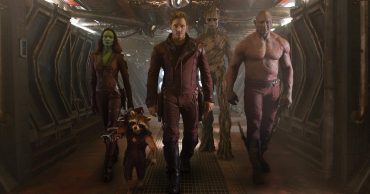
Scooby-Doo is one of the most recognizable cartoons in popular culture. The animated show made its debut in 1969 and has managed to maintain its popularity since. Naturally, Hollywood saw this potential cash cow and decided to turn it into a live-action feature film. The first was finally released in 2002, but the film was trashed by critics; however, the live-action adaptation managed to get $275.5 million worldwide. Two years later, Scooby-Doo 2: Monsters Unleashed saw the return of original cast members Matthew Lillard, Freddie Prinze Jr., Sarah Michelle Gellar, and Linda Cardellini, and though the general consensus surrounding these films is that the cast plays their parts well, Scooby-Doo 2: Monsters Unleashed was still a bad movie. The sequel managed to make $181.2 million against its production price tag of $80 million, which isn’t a bad number, though it’s a far cry from what the first film made. A couple of months later, Matthew Lillard himself confirmed that Warner Bros canceled the third film, citing that the studio wasn’t particularly happy with the box office numbers.
James Gunn – who was a part of the writing team for both films – revealed that he was originally set to direct and write the third feature and gave away the premise for the canceled sequel. “The Mystery Ink gang are hired by a town in Scotland who complain they’re being plagued by monsters, but we discover throughout the film the monsters are actually the victims & Scooby & Shaggy have to come to terms with their own prejudices & narrow belief systems.” Despite the success of James Gunn’s career following his time on Scooby-Doo, it’s clear that Warner Bros simply have no interest in revisiting the live-action world as evidenced by the Scoob! the movie that came out in 2020. So, it is actually pretty simple why the studio passed on making a third feature. There’s no word on the trajectory that Warner Bros was expecting for the second film, but it had to be better than the first movie’s $275.5 million.
Why did audiences lose interest in the sequel? It has something to do with the fact that the live-action movies never felt like a true Scooby-Doo property. The original cartoons and incarnations aren’t a masterclass on storytelling, but the Scooby-Doo brand didn’t feel like a mindless kiddie feature stuffed with fart and poop jokes. Say what you will about Transformers, but the reason most audiences were on board for the features so long is due to the fact that they felt like Transformers movies. Bad ones, but they still had the spirit of Transformers. Shaggy and Scooby-Doo were reduced to moronic dimwits to the point that you wondered sometimes how they put on pants in the morning. Fred comes across as a bit sexist in the features. I know he’s not exactly as smart as Velma, but he didn’t feel like his cartoon counterpart. Daphne and Velma were fine for the most part, but it’s clear that the executives boosted their sex appeal for the male demographic. Then it’s the cases in general. Sure, logic tends to go out the window when it comes to most of the Scooby-Doo cases on the show, but the live-action movies felt like a host of silly shenanigans against the most obvious and fake CGI monsters onscreen.
The series actually took their cases seriously with a nice balance of comedy in-between: Plus, the cases were genuinely interesting. The Scooby-Doo movies focused too much on trying to be a kid’s film that it forgets how to be a Scooby-Doo feature. It’s a shame because Warner Brothers casted a good selection of actors who fit the roles like a glove, especially Matthew Lillard as Shaggy. Considering James Gunn’s knack for weird storylines and characters, having the director fly solo for the third chapter of the feature was actually a really good idea that presented an interesting moral complex that the first two have never come close to touching. Of course, the studio really doesn’t care too much about the quality of these features. Scooby-Doo was never aiming to win an Oscar, so as long as it made Warner Brothers a healthy return in profits then it didn’t matter that they were trashed by critics. Hollywood is a business first and foremost. It’s a sad reality, but in this case, if the executives and filmmakers actually listened to the issues that many had regarding the first film then audiences would’ve likely purchased a ticket for the second film if it actually looked like a good film.James Gunn
 Follow Us
Follow Us





